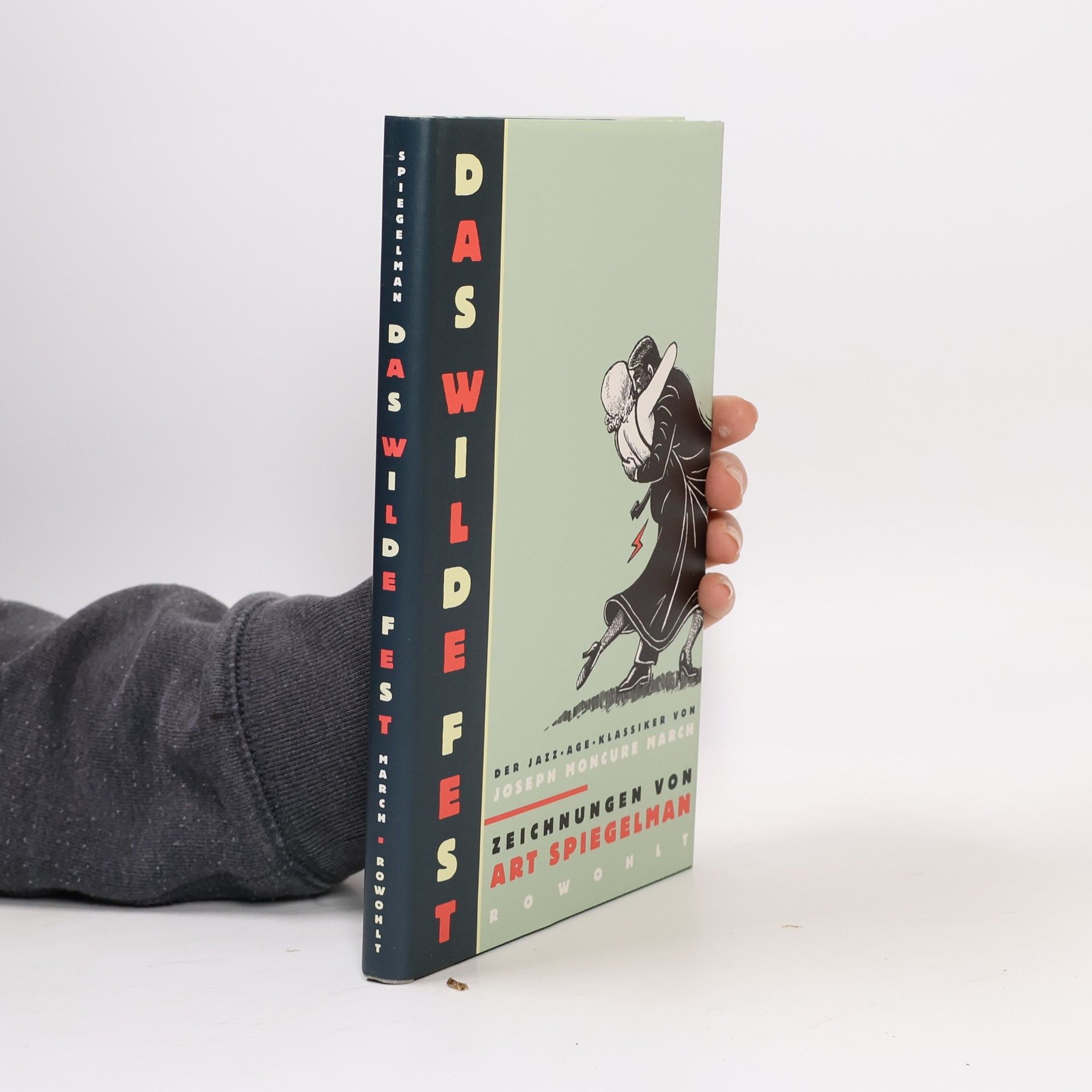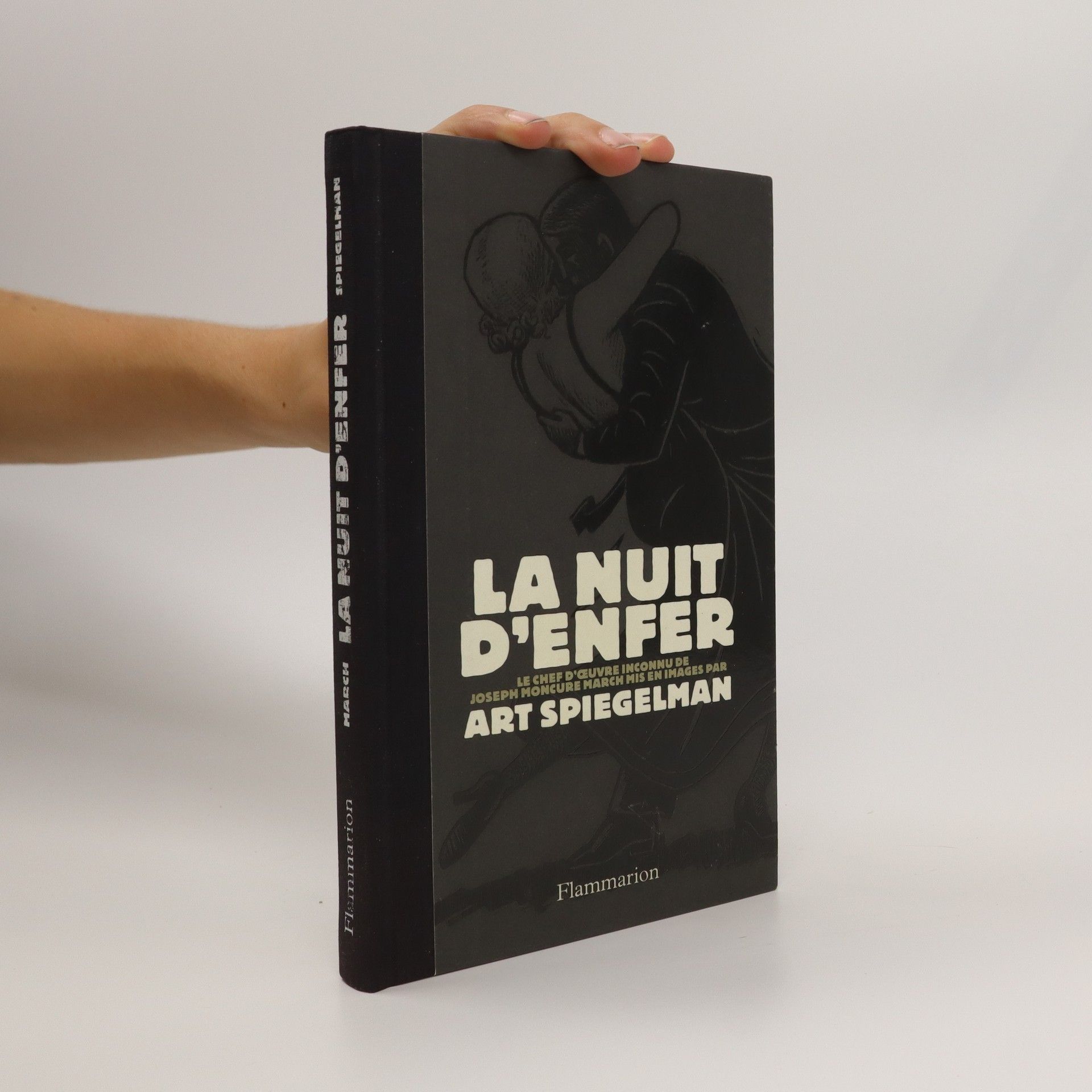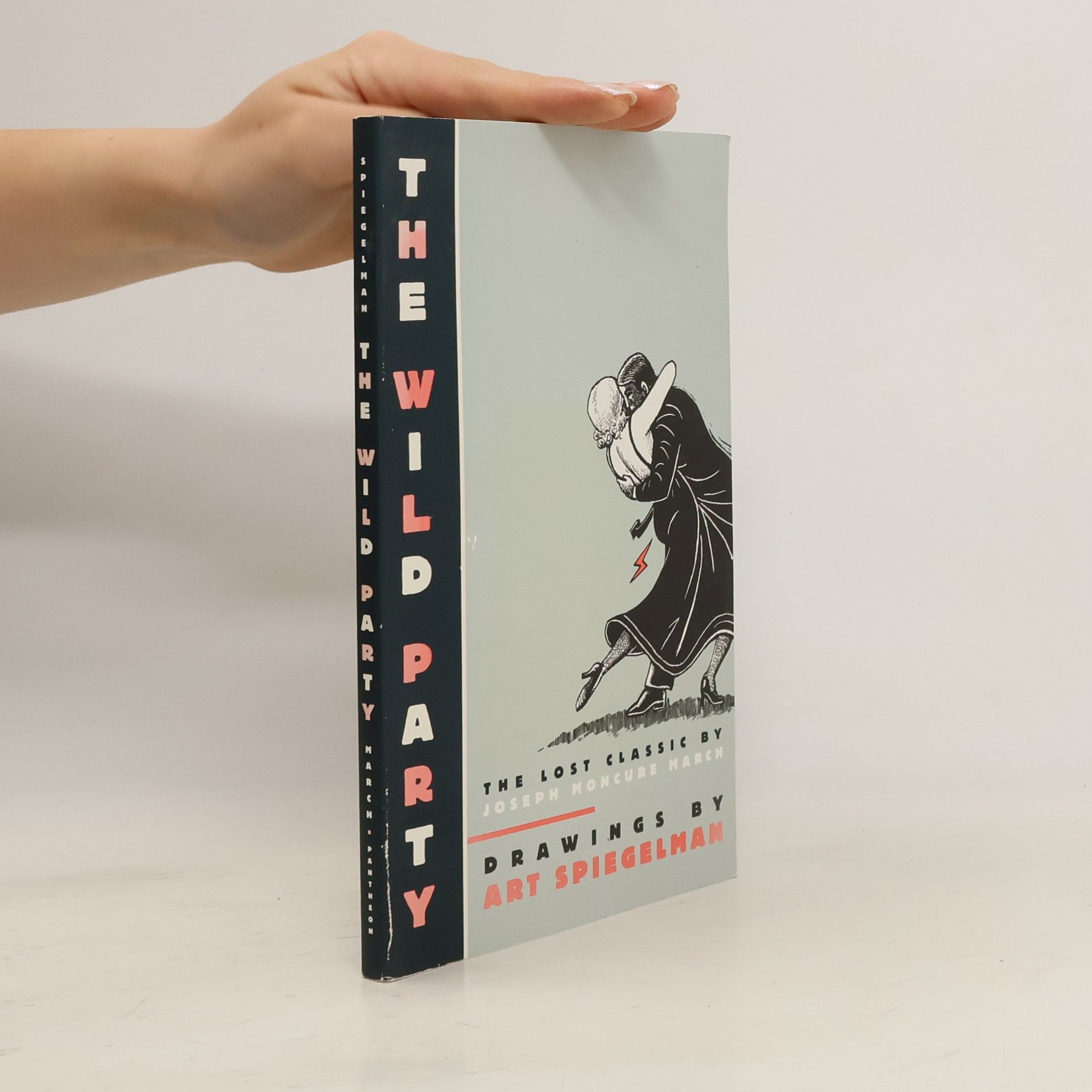The Set Up
- 256 pages
- 9 hours of reading
"Written in 1928, The Set-Up is a long narrative poem about the boxing underworld - a hard-boiled tragedy told in syncopated rhyming couplets. When the work was first published it made the Times bestseller list, and in 1949 it was turned into an award-winning film featuring Robert Ryan and Audrey Totter. This reprinting of the original, 1928 poem features dynamic, specially commissioned artwork by Erik Kriek that vividly conveys the story of an up-and-coming black prize fighter who takes on all comers."-- Back cover



